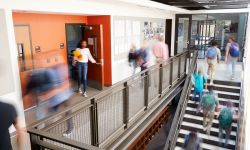Michigan summer camps rebound: Kids ‘eager to get back out into the world’
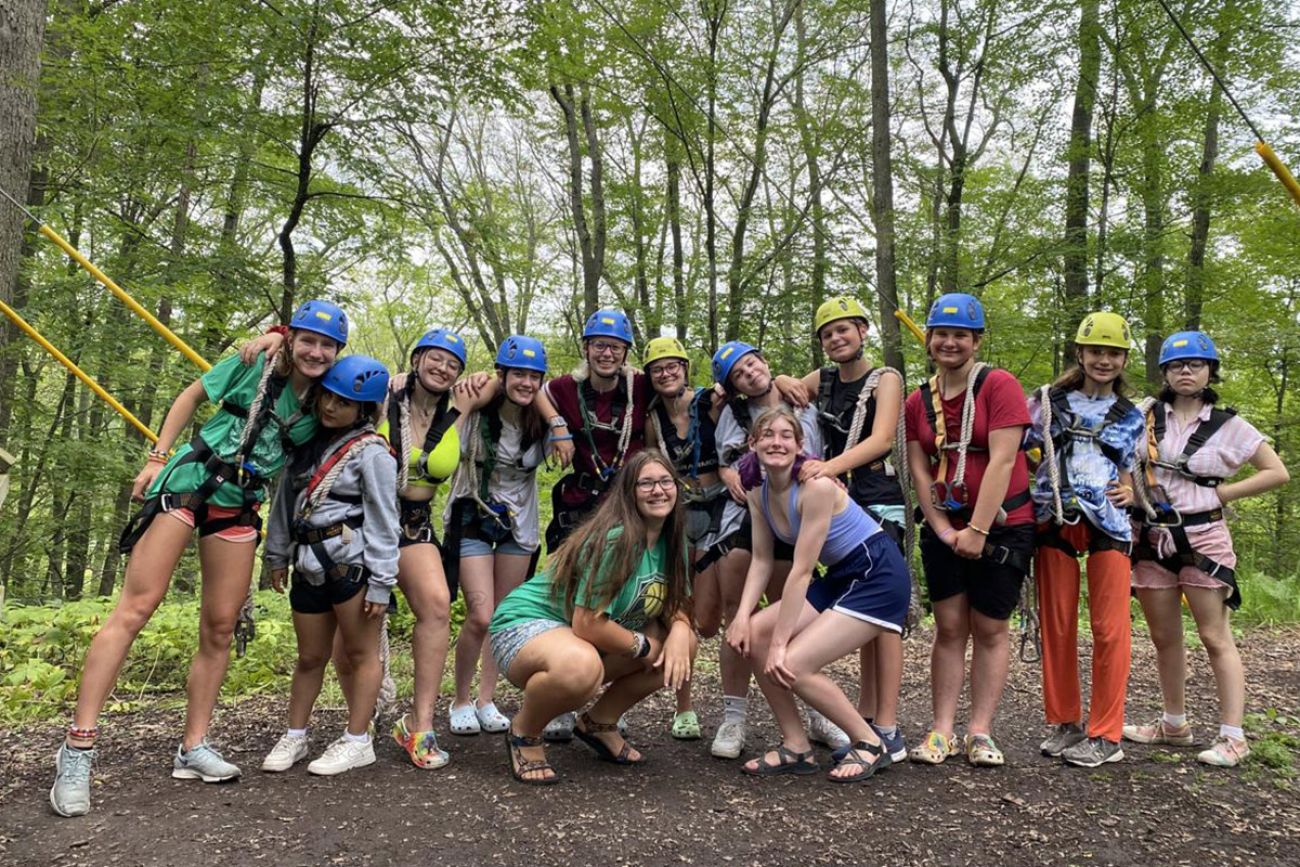
As Michigan families enter their third summer of a pandemic, summer camp officials report rising enrollment as COVID-19 wanes and parents are eager for their children to interact more freely with other kids and leave isolation behind.
While no statewide numbers are available, camping industry officials and directors of individual camps told Bridge Michigan that more children are signed up for day or overnight camps than at this point before the past two summers.
At Camp Newaygo, an all girls camp about 35 miles north of Grand Rapids, overnight camp program director Angie Gornik said roughly 550 kids had signed up by the end of March the past two years. This year, that number rose to 695, with room to grow to 810.
Related:
- Michigan parks, more popular than ever, struggle to staff up for summer
- With COVID masks gone, Michigan students relearn how to play and study
“I think people are also just so eager to get back out into the world,” Gornik said.
The YMCA of Metropolitan Detroit’s two overnight camps in Michigan — Camp Nissikone in Oscoda and Camp Ohiyesa in Holly — are more than 90 percent full.
At Circle Pines Center, a camp in Delton focused on peace, social justice, environmentalism and cooperation, registration was nearly filled within two months of openings being posted, which was a first, executive director Sasha Ospina told Bridge Michigan. The camp now has a waitlist of 80.
“I think parents are just trying to give their kids experiences after missing two years of experiences,” she said.
One obstacle to a robust rebound in summer camp activity is finding enough counselors and other staff to run the camps. Like businesses of all stripes, summer camps have had to rethink recruitment practices.
“Camps are having to get a little more creative with hiring staff and what a summer camp staff might look like,” said Becky Pasman, who chairs the Michigan Local Council of Leaders, the state affiliate of the American Camp Association.
Pasman said some camps are offering bonuses for employees or relying on flexible scheduling where college students might only come for part of the summer rather than staying the whole summer as employees.
“That's big in the camp community because one of the things that happens when you work with a summer staff is you create the sense of belonging and sense of family for your staff as well as you do for your campers,” she said.
The apparent surge in camp registration is part of a larger imperative among parents to see their children have more social interactions and varied experiences outside the home after years of social distancing and remote schooling.
Crissy Belk said her two young children have become “a little stir crazy” recently. This summer, she’s putting them in a lot of summer activities to make up for time lost during the pandemic and, she said, because “it just feels right.”
Belk, who lives in Belding, just south of Greenville, has a 5-year-old daughter, Ruby, and a 6-year-old son, Andrew. Ruby has autism and the chaos of the pandemic threw off the family’s routines. When Ruby gets stressed, she tries to run away.
Belk said she tries to remain calm but acknowledges she “radiates stress and worry,” which Andrew picks up on. He starts baseball soon and Belk is considering signing him up for summer karate and horseback riding classes as well.
She hopes her son experiences “more freedom, more lightness, less stress” this summer.
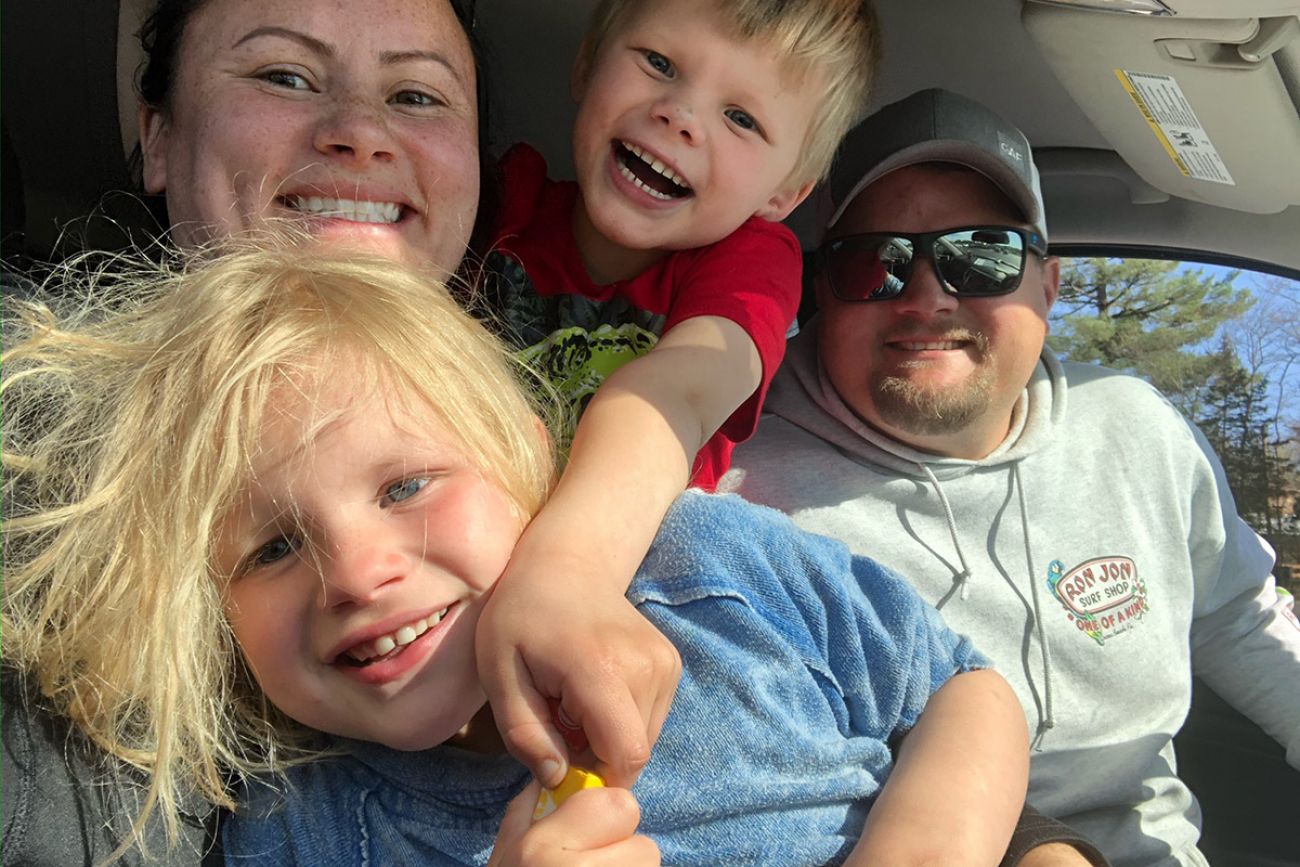
From bonding with new friends to experiencing the outdoors and getting away from screens, parents and camp leaders say they are excited for the benefits of camp and away-from-home children’s activities after more than two years of uncertainty with the COVID-19 pandemic.
Camp is a great way for children and teenagers to get a “hormone hack of all those things that make us feel good,” Kelly Kellerman, a Royal Oak licensed clinical social worker, told Bridge. Physical activity releases endorphins, one of the main happy hormones.
Kellerman said camp can help parents realize their children don’t need to be sheltered in bubble wrap, instead they can “bounce a little bit and they’re not going to break, it’s OK.”
In Brownstown Township, Tami Varkas plans to enroll her 10-year-old son in a robotics or coding camp while her 14-year-old daughter will be in cheer camp. Varkas said the family also is putting in an above-ground pool in hopes her kids will be physically active and have friends over to play.
“I just think kids are more isolated and they're having a hard time,” Varkas said. “They think they're alone. I think kids are just isolating more at home than they had prior times. And it's not that they’re different, it's just (that) everybody is different.”
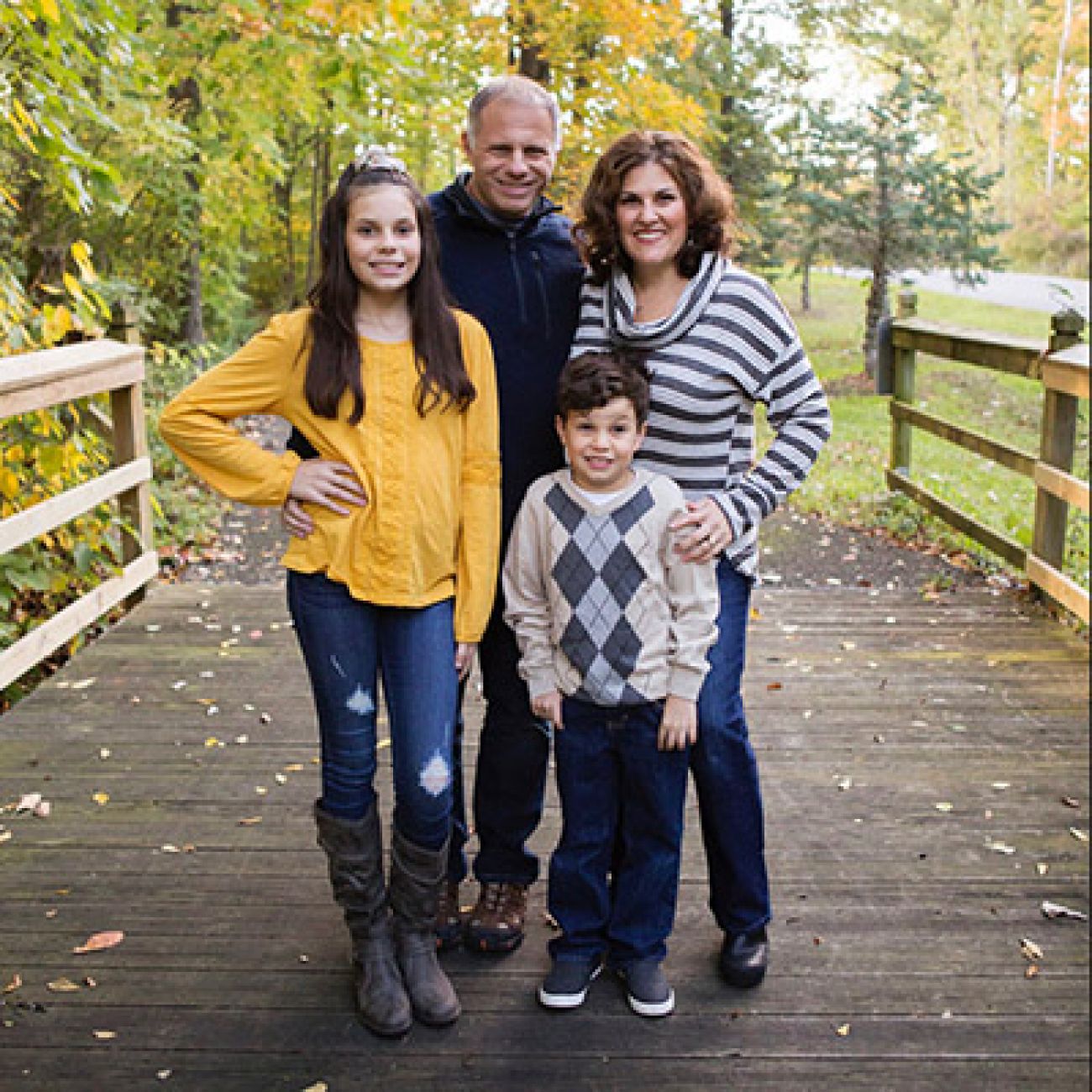
Aside from outdoor activities, Kellerman said camp gives children an opportunity to socialize “in real life,” rather than on a computer screen. They can learn to problem solve and negotiate peer relationships. Young children also learn through play.
That’s something Belk noticed with her son. When Andrew recently went to a birthday party he was surprised he wasn’t able to take home the present he had brought his friend. Belk believes the pandemic played a role in her children being late to learn seemingly simple skills like birthday party social norms.
State Alliance of Michigan YMCAs Executive Director Rebecca Schnetzer-Humbel noted the importance of allowing children to “really be a kid again.”
Campers learn academic skills like how to measure projects during woodshop or how to identify bugs while playing at the waterfront. They also learn social emotional skills like empathy, building relationships, emotional regulation and developing identity — skill development that was put on pause as children isolated during COVID.
In Grand Rapids, Stacey da Silva’s two sons attended virtual school for the 2020-2021 school year. They bounced back from social isolation and did some activities last summer.
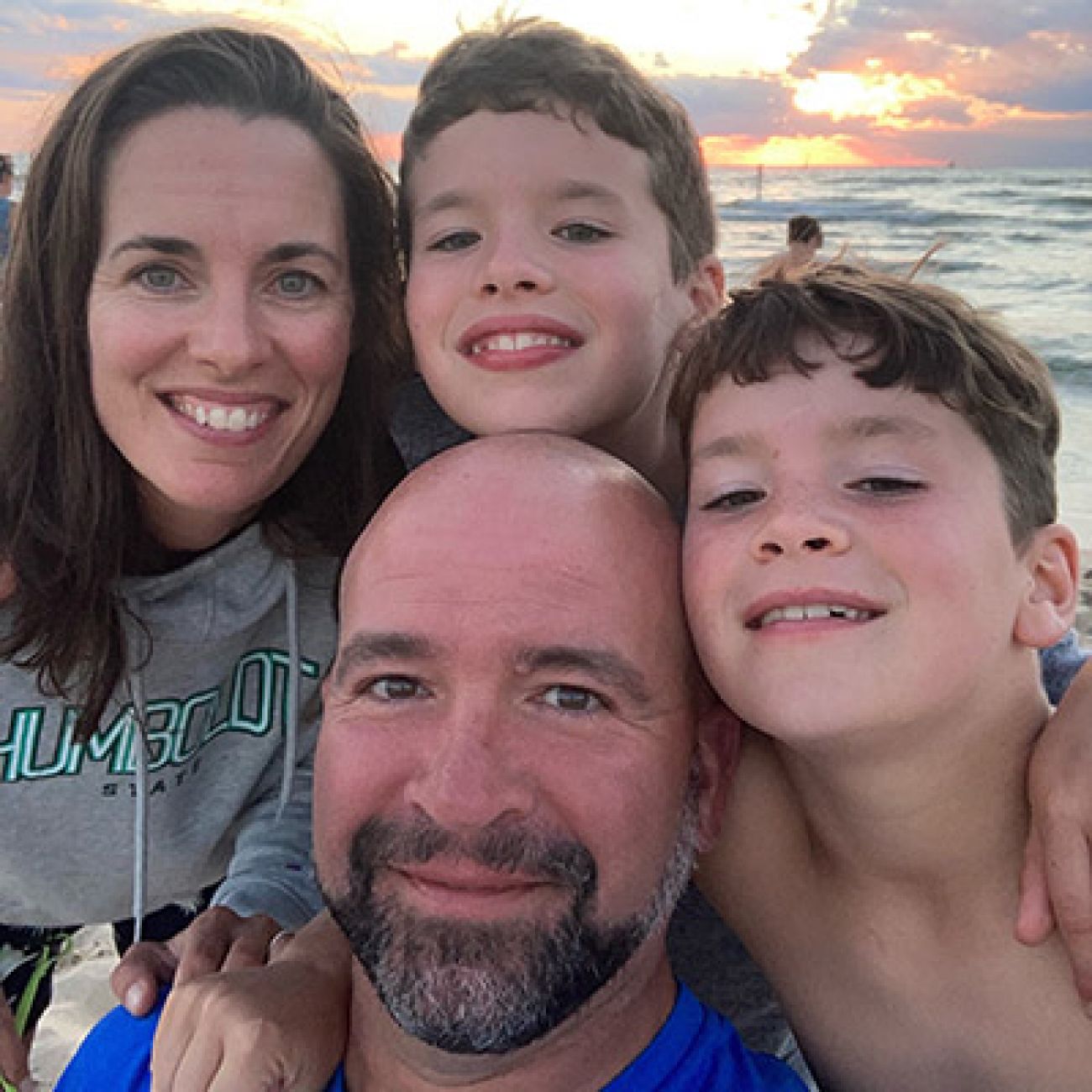
This summer, her older son will attend camp at the Grand Rapids Public Museum and be a camp helper at Blandford Nature Center. Her younger son will likely attend sports camps because he likes soccer and futsal.
The brothers have been going to the nature center camp for years but this year it filled up quickly. In da Silva’s social circle, she said her friends are still hesitant to let their children do more things, but outdoor activities and vaccine requirements help provide some reassurance.
At Camp Newaygo, Gornik has spoken with parents who have booked their summers solid with activities including other camps and family vacations. She also hears from parents willing to come any week just to ensure their girls have fun this summer.
April Mooi plans to stagger vacation Bible school, vacations and a STEM camp for her second grade daughter, Hannah, and fifth grade daughter Abigail. One daughter loves to be at their home in Brownstown Township while the other loves to be out and about.
Mooi said last summer trampolines were hard to find and she suspects other parents were looking to keep their kids occupied. She and her husband found a deal on a trampoline at Sam’s Club. It has been a family favorite.
“We kept it up all winter, she said. “And there wasn't too much of a time that they weren't jumping on it regularly.”
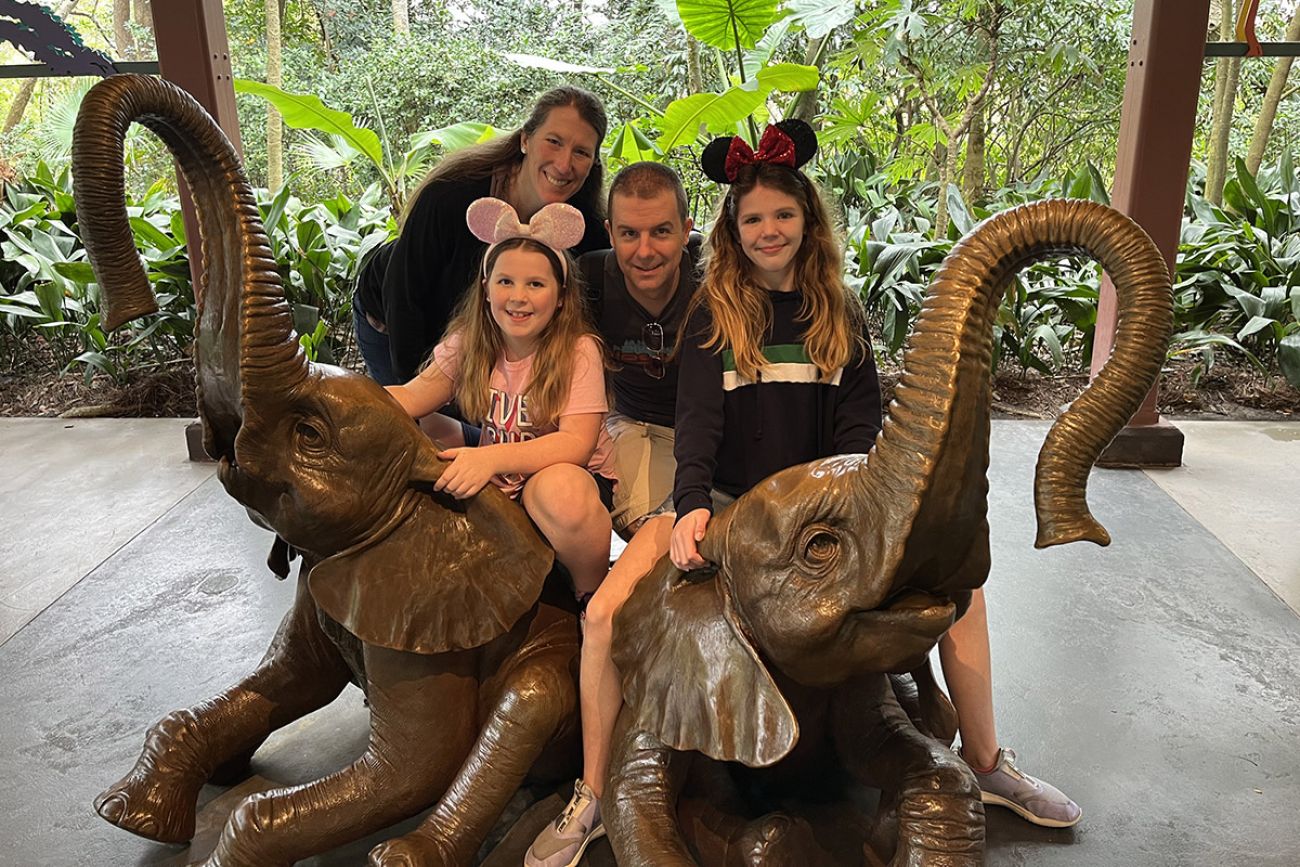
Not every family can afford camps. Prices depend on the length of camp and type of camp. For example, a Downriver YMCA day camp where students can swim, make art, have field days and do other science, technology, engineering, arts and math (STEAM) activities costs $190 for one week. A week of overnight camp at Camp Newaygo costs about $695 or $730.
These camps, and many others, also offer scholarships to make camp more affordable. Some camps offer free summer experiences for qualified families.
Pretty Lake Camp in Mattawan is one example. Director Jamie Jannusch is trying to ensure that students who may otherwise not go to camp can come have fun while learning skills.
The camp is 10 minutes outside Kalamazoo and completely free for children. Campers must live in Kalamazoo County or attend a school in Kalamazoo County or the Mattawan Consolidated School district. Campers are admitted based on social, emotional and financial needs, according to the camp’s website.
Jannusch said the camp is hoping to serve 720 students across eight weeks. There are roughly 400 people who have already been approved to attend.
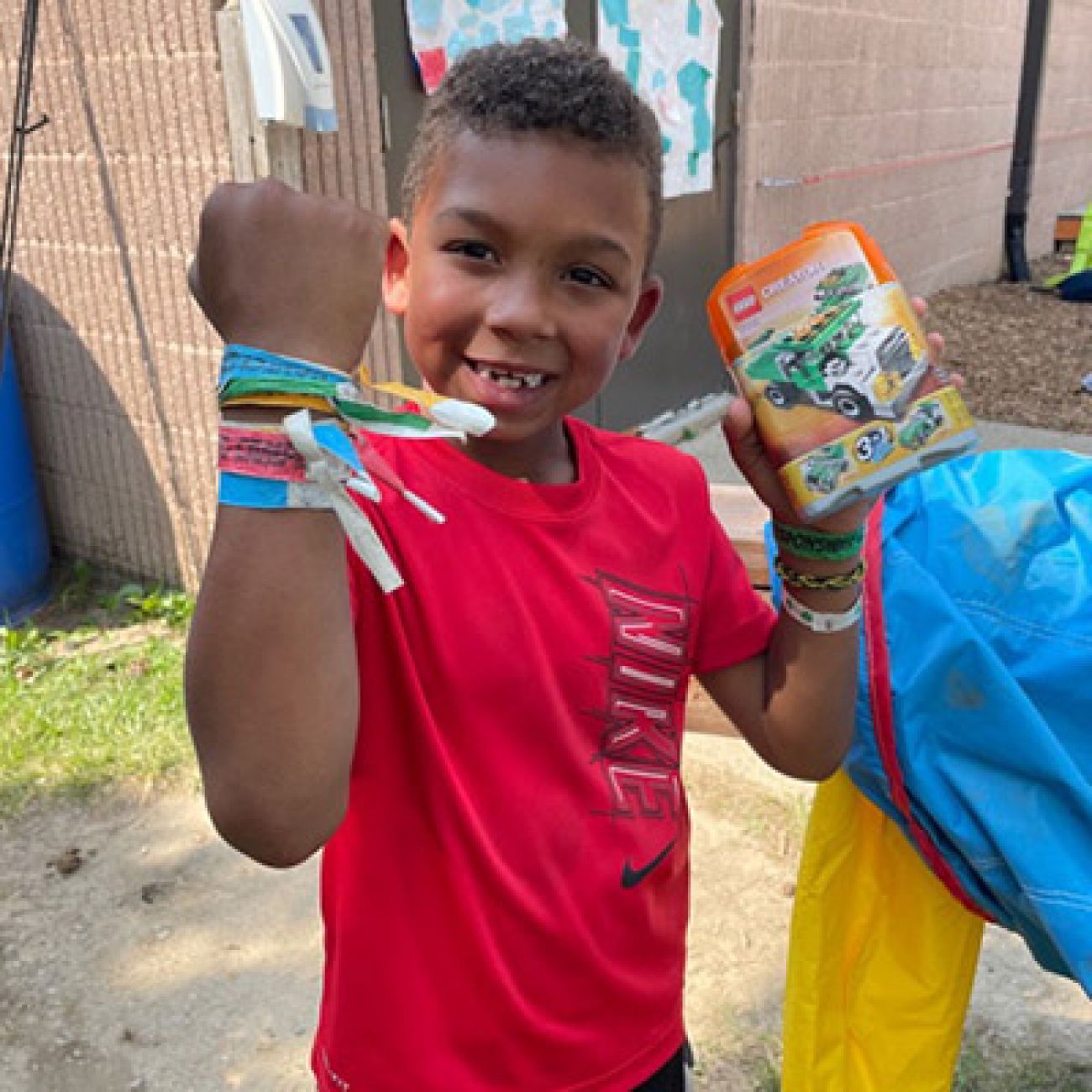
The YMCA of Metropolitan Detroit operates several day camps and already has more camp spots filled for this summer compared to the number of campers in 2020 and could surpass enrollment for 2021.
The organization said it has waitlists for some camps as its wrestles with staffing shortages, a challenge across camp locations.
“Anytime you’re dealing with licensed programs, the number of staff you have directly impacts the number of children you can serve,” said Schnetzer-Humbel, of the state alliance of YMCAs.
Belk, of Belding, said just knowing her children have programs planned for the summer is a relief.
“I'm a human who needs structure and I know my kids need structure,” she said. The outside programming also allows her to get feedback on her children from other people.
“When our kids go to these programs and they come home, and it's like you get that note, like “great job today,” or “your kid did this, this and this’ and ‘this is how they interacted with a classmate,’ it fills your cup.”
That’s a positive, said Kellerman, the licensed clinical social worker.
“I think it's really important that we remember as parents that our kids need to be separate from us,” she said. “It's good for us. It's good for them.”
Michigan Education Watch
Michigan Education Watch is made possible by generous financial support from:
Subscribe to Michigan Health Watch
See what new members are saying about why they donated to Bridge Michigan:
- “In order for this information to be accurate and unbiased it must be underwritten by its readers, not by special interests.” - Larry S.
- “Not many other media sources report on the topics Bridge does.” - Susan B.
- “Your journalism is outstanding and rare these days.” - Mark S.
If you want to ensure the future of nonpartisan, nonprofit Michigan journalism, please become a member today. You, too, will be asked why you donated and maybe we'll feature your quote next time!




